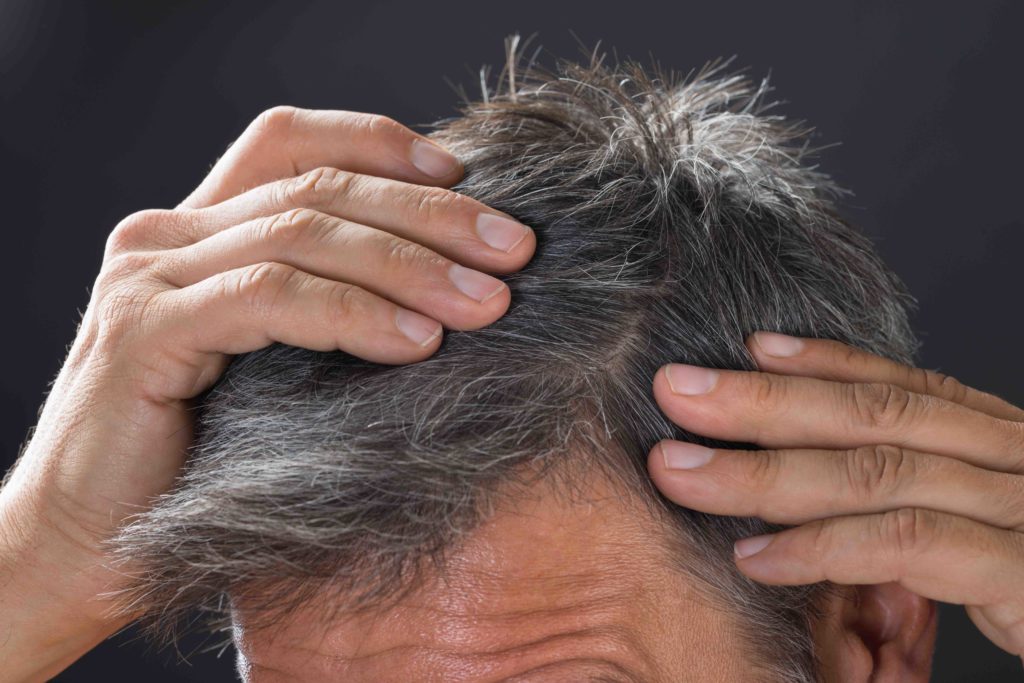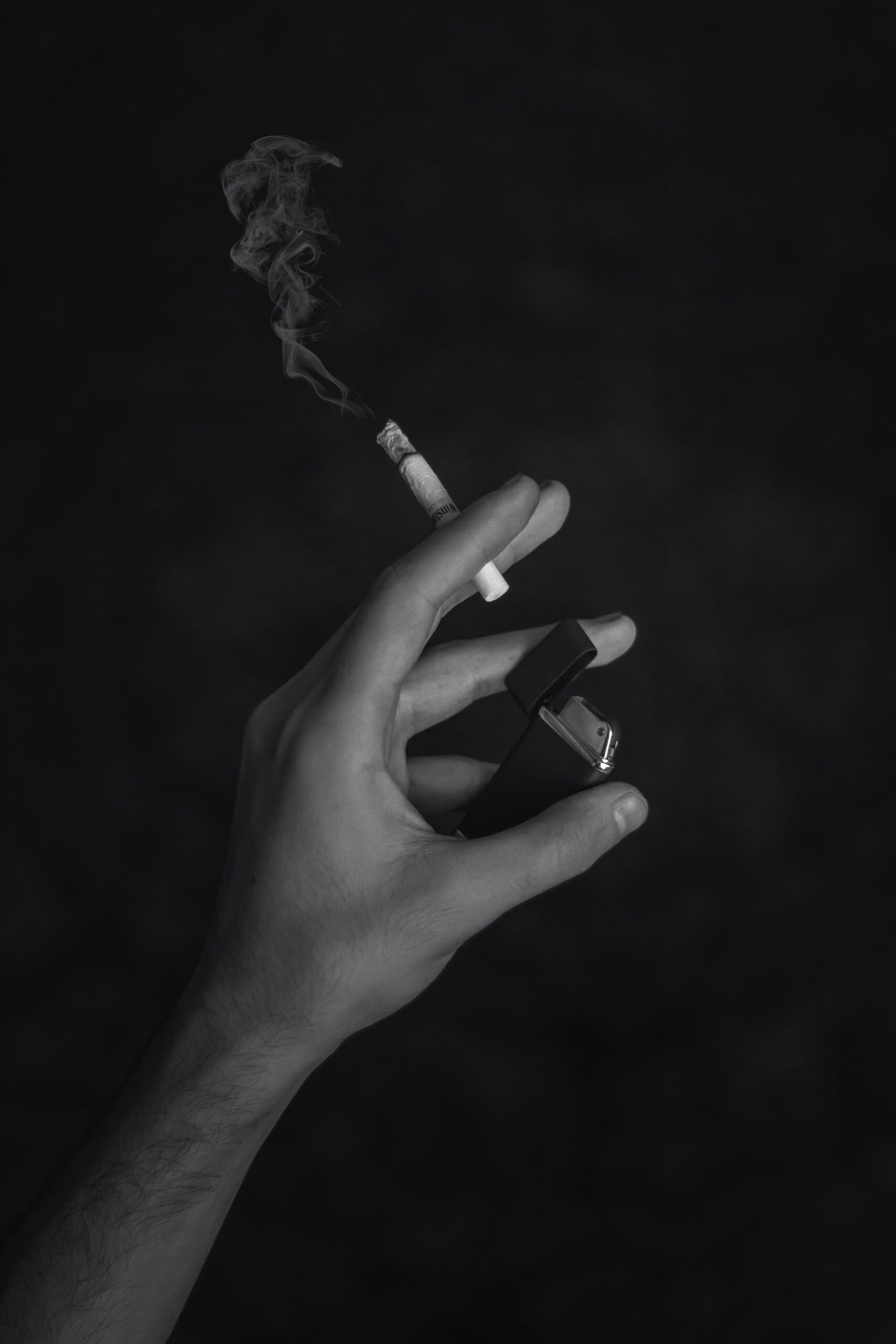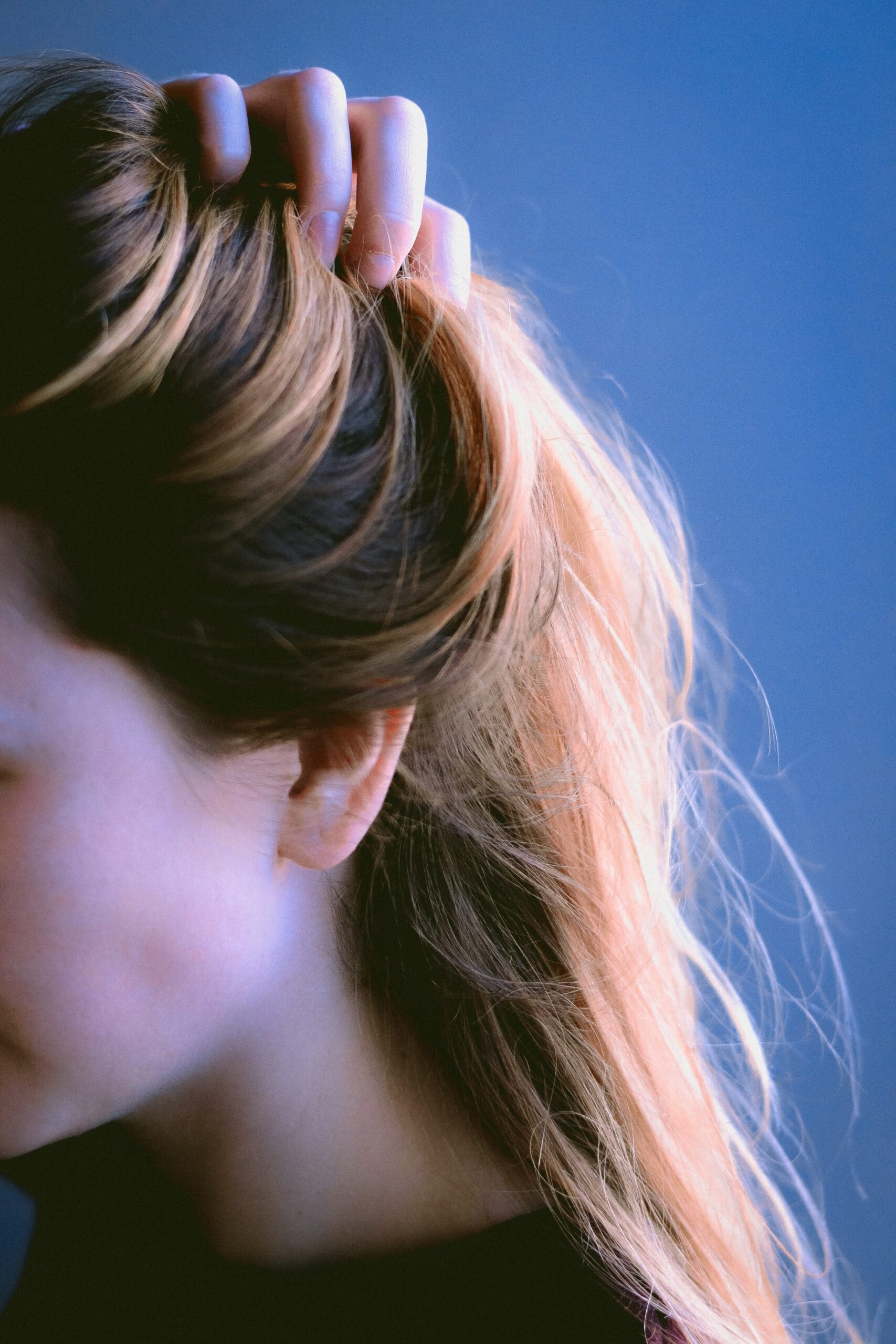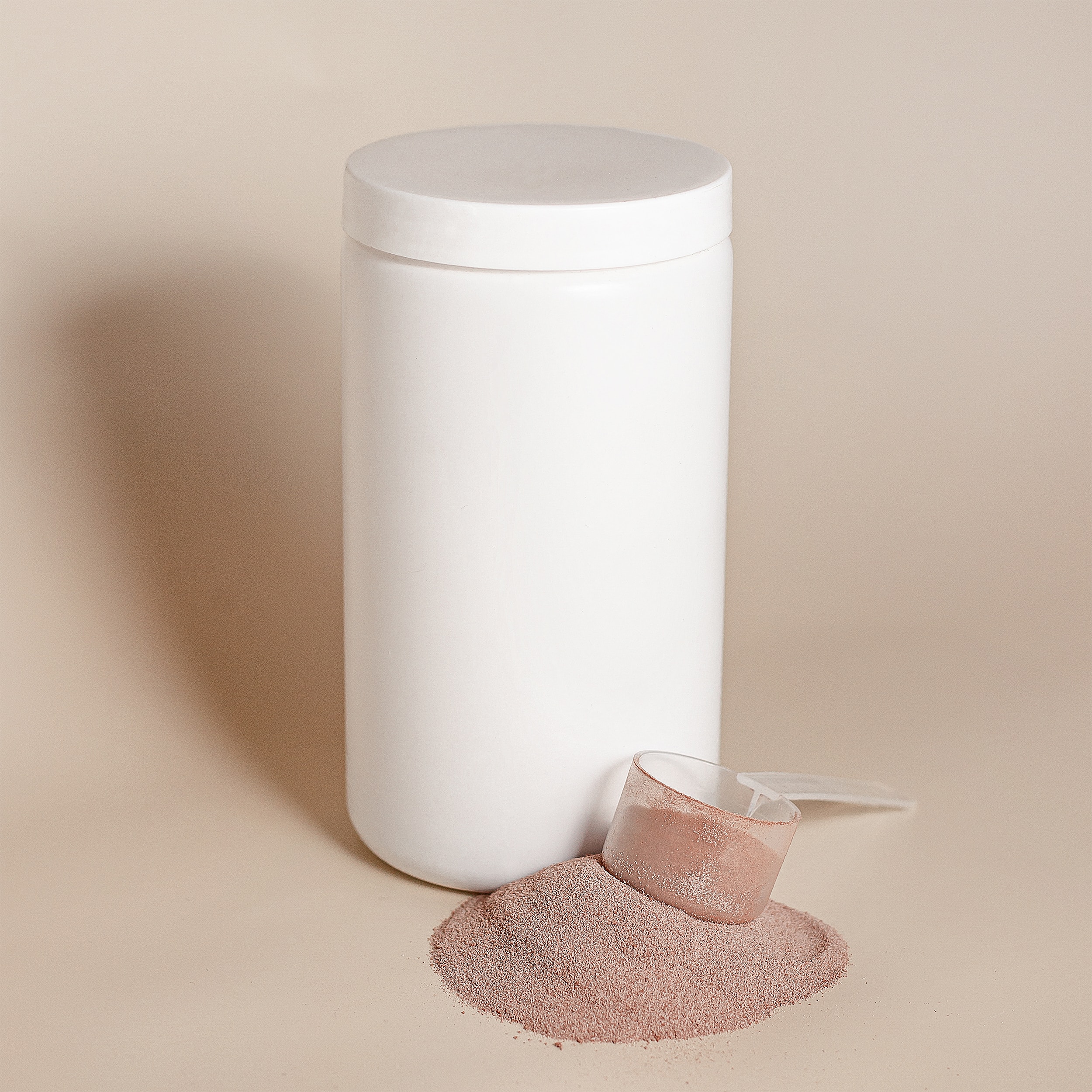
From sun to stress: what really causes hair loss?
24th September 2019
There’s no doubt about it: we’re living in a ‘fake news’ era. We’re being constantly bombarded with so much information that it can be difficult to separate fact from fiction – but not everything we read should be taken at face value! Over the years, we’ve heard so many hair loss myths that it’s enough to make us want to tear ours out – so, what’s really behind hair loss, and what’s ‘fake news’?
The sun
A change in weather can bring a change to your hair condition – and hydration is usually the culprit. Hot summer days are not always your hair’s best friend, as sun exposure can damage your hair, making it dry and brittle. The UV radiation damages the proteins that the hair is made from, so if you know you’ll be spending a lot of time outside, invest in a good protectant spray. Thankfully, if you do get sunburn on your scalp, although you may lose a few hairs if your scalp peels, the chances are it will grow back.
Hormones
One of the main causes behind hair loss in women is a change in hormones. Post-natal hair loss in particular is very prevalent, often occurring two to four months after giving birth. During pregnancy, your hair stays in a longer phase of growth, leading to fuller-looking hair – but when your oestrogen levels drop after childbirth, the hair will start to fall out. Thankfully, in the majority of cases it’s temporary, and will settle down after six to 12 months.
And for men? Well, hormones are at the root of male and female pattern baldness! Dihydrotestosterone (DHT) is a by-product of testosterone, which can stimulate the receptors in your hair follicles, causing them to shrink, weaken and eventually stop producing hair altogether. There’s no cure for it, but hair loss medication such as Propecia can help arrest further hair loss, and hair transplants offer a permanent solution to the problem.
Age
Now, not everyone will lose their hair – even if your close relatives have gone bald, there are no guarantees that you will too. However, with age usually does come some degree of hair loss or thinner quality hair. By the age of 60, around two-thirds of men will have some hair loss, and around 70 per cent of women will experience hair loss around the age of 70. Depending on the cause of the hair loss, it may be treatable, so if you have any concerns, get in touch with our team.
We recently launched our brand new Hair Follicle Banking service. In this process, we cryopreserve 100 hair follicles from the back of your head to ‘stop the ageing clock’. These are stored in a tissue bank for up to 20-30 years, and the idea is that when needed, we can utilise your lab-grown, younger, better-quality hairs.
Stress
This is an interesting one, because if you’re going through a stressful period and notice more hair than usual falling out, it won’t be a result of your current stress levels – due to the duration of the hair cycle, there’s a delay between a stressful situation and the hair actually falling out!
Telogen effluvium – trauma or stress-induced hair loss – is a result of your fluctuating hormones sending the hair growth cycle into a state of shock, forcing the hair to go into a resting phase. Many follicles can be affected at the same time, which is why it may seem like you’re losing a significant amount of hair. As with post-natal hair loss, it’s usually only temporary, so focus on maintaining good habits with sleep, exercise and diet to keep your stress levels down in the meantime.
No matter what’s behind your hair loss, it can be very distressing to experience, so if you have any concerns, our team are happy to talk you through your options.


